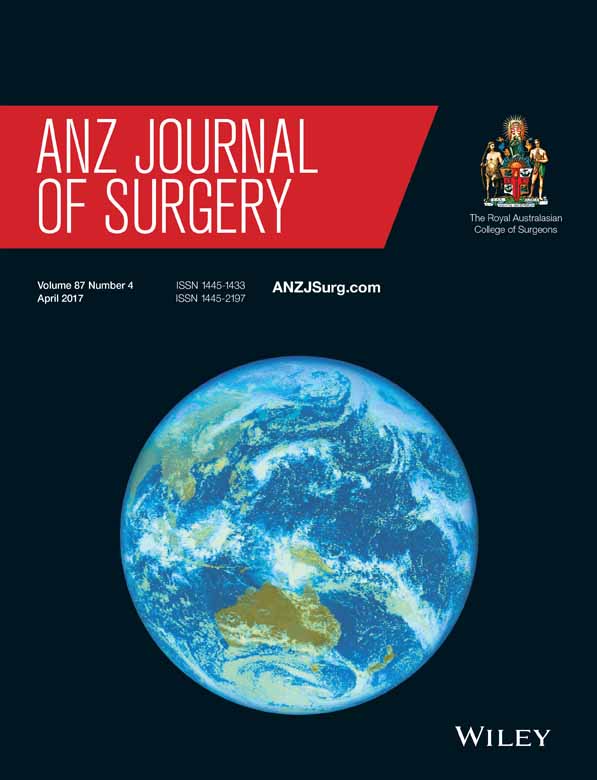Fast-track surgery for uncomplicated appendicitis in children: a matched case–control study
Abstract
Background
Standardized post-operative protocols reduce variation and enhance efficiency in patient care. Patients may benefit from these initiatives by improved quality of care. This matched case–control study investigates the effect of a multidisciplinary criteria-led discharge protocol for uncomplicated appendicitis in children.
Methods
Key protocol components included limiting post-operative antibiotics to two intravenous doses, avoidance of intravenous opioid analgesia, prompt resumption of diet, active encouragement of early ambulation and nursing staff autonomy to discharge patients that met assigned criteria. The study period was from August 2015 to February 2016. Outcomes were compared with a historical control group matched for operative approach.
Results
Outcomes for 83 patients enrolled to our protocol were compared with those of 83 controls. There was a 29.2% reduction in median post-operative length of stay in our protocol-based care group (19.6 versus 27.7 h; P < 0.001). The rate of discharges within 24 h improved from 12 to 42%. There was no significant difference in complication rate (4.8 versus 7.2%; P = 0.51). Mean oral morphine dose equivalent per kilogram requirement was less than half (46%) that of control group patients (P < 0.001). Mean number of ondansetron doses was also significantly lower. Projected annual direct cost savings following protocol implementation was AUD$77 057.
Conclusion
Implementation of a criteria-led discharge protocol at our hospital decreased length of stay, reduced variation in care, preserved existing low morbidity, incurred substantial cost savings, and safely rationalized opioid and antiemetic medication. These protocols are inexpensive and offer tangible benefits that are accessible to all health care settings.




